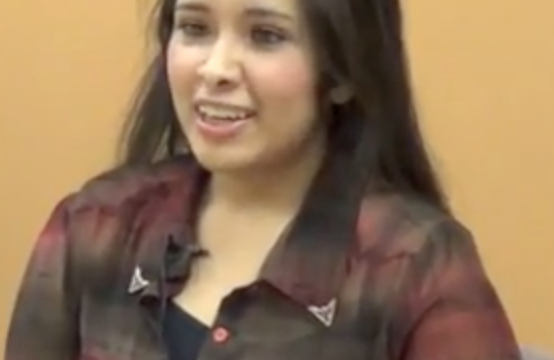Historian Comments
This set describes aspects of the lives of ten Latinas/os, intelligent and dedicated high school or college students who worked as interns with the Boulder County Latino History Project in summer, 2013. As part of the study, they did videographed interviews with each other and gave permission to have them posted. Clips from eight of those unusually and candid interviews provide the primary sources for this segment. The written text considers their immigration histories (only one came from an old southwestern U.S. Latino family; two were from Guatemalan or Venezuelan immigrant families, and the rest had come from Mexico) and the kind of work done by their parents before and after coming to this country. Migration weakened family ties across borders. While all were culturally Catholic, few were actively involved with the church. They defined themselves in ethnic terms in varying ways and with contrasting degrees of comfort in their own identities. They described their experiences in school and learning English. All were committed to obtaining a good education and expected to graduate from college, a large contrast with first-generation immigrants in earlier generations. They had almost without exception experienced racism, from other students, occasionally from teachers, and in the community. One had been harassed by the police while driving his low-rider truck. Three had suffered traumatic experiences as children due to immigration issues: crossing the desert on foot from Mexico, or having one or both parents pulled out of the home by Immigration and Customs Enforcement agents, jailed, and deported, leaving the children behind. These stories will be powerful for other students, of all ethnicities.








